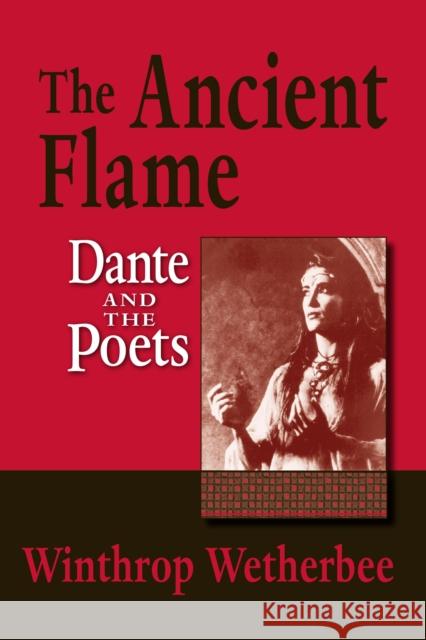The Ancient Flame: Dante and the Poets » książka
The Ancient Flame: Dante and the Poets
ISBN-13: 9780268044121 / Angielski / Miękka / 2016 / 318 str.
While the structure and themes of the "Divine Comedy" are defined by the narrative of a spiritual pilgrimage guided by Christian truth, Winthrop Wetherbee s remarkable new study reveals that Dante s engagement with the great Latin poets Vergil, Ovid, Lucan, and Statius constitutes a second, complementary narrative centered on psychological and artistic self-discovery.This fresh, illuminating approach departs from the usual treatment of classical poets in Dante criticism, which assigns them a merely allegorical function. Their true importance to Dante s project is much greater. As Wetherbee meticulously shows, Dante s use of the poets is grounded in an astute understanding of their historical situation and a deeply sympathetic reading of their poetry.Dante may have been motivated to correct pagan thought and imagery, but more pervasive was his desire to recreate classical style and to restore classical "auctoritas" to his own times. Dante s journey in the "Commedia," beginning with the pilgrim s assumption of a tragic view of the human condition, progresses with the great poetry of the classical past as an intrinsic component of not just a foil to the spiritual experience. Dante ultimately recognizes classical poetry as an essential means to his discovery of truth.A stunning contribution by one of the nation s leading medievalists, Wetherbee s investigation of the poem s classicism makes possible an ethical and spiritual but non-Christian reading of Dante, one that will spur new research and become an indispensable tool for teaching the "Commedia." Winthrop Wetherbee s study of Dante s relationship to the classical Latin poets Vergil, Ovid, Lucan, Statius is a genuine tour de force. Drawing upon an expert knowledge of these four Latin authors and tracking Dante's manifold uses of them from the beginning of the "Commedia" straight through to the end, Wetherbee produces something like a 'total reading' of the poem's classicism. This is a significant achievement by one of our leading medievalists. Albert Russell Ascoli, Terrill Distinguished Professor, University of California, Berkeley In "The Ancient Flame," Winthrop Wetherbee brings together two longstanding passions, Roman epic and Dante s "Divine Comedy"; his study wonderfully illuminates both. Wetherbee presents a Dante who opened himself as fully as possible to the forces that shaped the poetic worlds of his pagan forebears. In Vergil he experienced the tragedy of history, the constraints of life in a universe ruled by inexorable fate, where virtue and piety were never far from fury. In Lucan he witnessed the anger and despair that would mark the damned in Hell, and a moral inflexibility that qualifies the worthiness of Cato in Purgatory. In Ovid Dante felt the sweep and the shortfall of humanity and imagination in the classical age. In Statius he registered the impulse of an era to transcend what it could not fully understand. Comprehensive and unfailingly sensitive, "The Ancient Flame" is as poetically responsive a reading of the "Divine Comedy" and Latin literature as we have ever had. Warren Ginsberg, Knight Professor of Humanities, University of Oregon "











